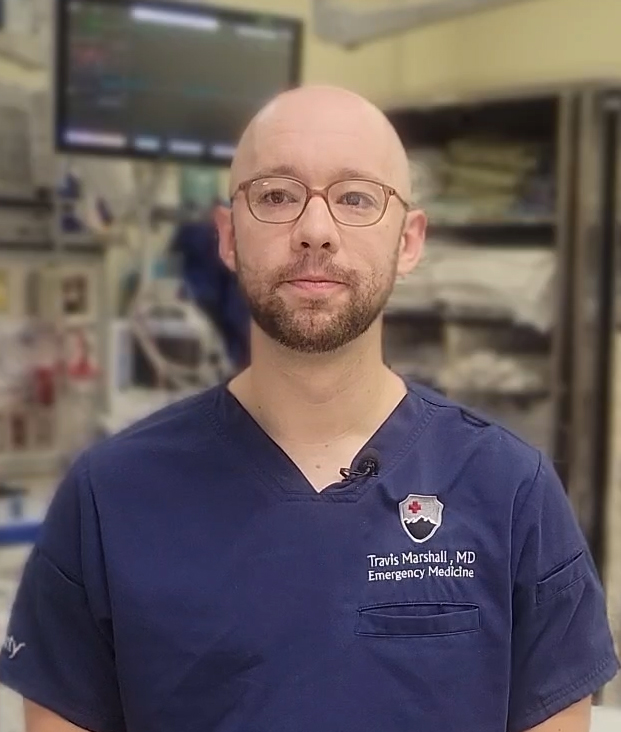Saint Alphonsus ER Doctor Offers Tips to Avoid Heat-Related Health Problems
After an unusually cooler and wetter spring and early summer, near triple-digit temperatures are forecast to return to southwestern Idaho and eastern Oregon this weekend. With the high temps comes an increased risk of heat-related illness, including heat exhaustion and heat stroke.
Dr. Travis Marshall, an Emergency Department physician at Saint Alphonsus Regional Medical Center in Boise, says everyone should pay attention to their bodies when working, playing or spending time outdoors in the heat.
“It’s important to know your environment. If you’re on a hard surface, such as blacktop or concrete you’re going to be at much higher risk of getting heatstroke or exhaustion versus some sort of grass or soft surface. But you can still be at risk. Try to get your shade coverage every couple of hours and make sure you’re hydrating.”
Common symptoms of heat exhaustion include heavy sweating, weakness, a fast and weak pulse, muscle cramps, dizziness, nausea or vomiting, headache and cool, pale and clammy skin. Dr. Marshall says if someone shows signs of heat exhaustion, move them to a cooler environment, get into shade and give them liquids. If symptoms don’t improve, get medical attention.
Heat stroke is characterized by confusion, dizziness and the person could become unconscious. If emergency treatment is not given, the person could suffer permanent disability or even death.
The key to prevention, Marshall says is making sure to drink plenty of liquids to stay hydrated. “As far as how much water you should be drinking really varies depending on your gender and how big you are. Your goal is making sure that you’re urinating clear urine every two to four hours.”
Children are more susceptible to heat-related illness, and Dr. Marshall advises parents to closely watch their children outdoors and make sure they stay hydrated. He said water is the best, but even sports drinks or soft drinks can help prevent problems. Alcoholic beverages are okay, but he says to make sure to drink an equal amount of water.
Sunscreen can help prevent sunburns and skin problems, but he says it doesn’t protect against heat illnesses. His final word of advice is to get out of the sun if you or someone you’re with starts to feel symptoms, and seek medical attention if necessary.
 Dr. Travis Marshall
Dr. Travis Marshall
